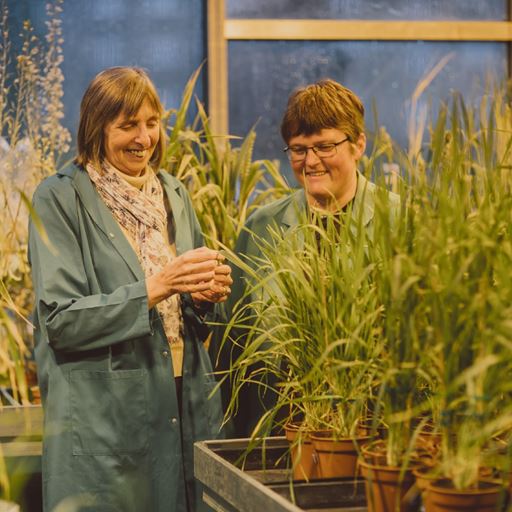Essex part of €8.6m research project to improve future crops
-
Date
Thu 2 Jul 20

Essex is part of the international CAPITALISE crop research project just granted €8.6m from the European Commission to exploit ground-breaking technology to radically increase crop yields in Europe and beyond.
This is part of a new Green Revolution to address the expected future food crisis and Essex will be working with the University of Cambridge and University of Lancaster alongside leading universities and organisation from seven other countries.
By 2050 the world population is expected to rise above nine billion people, food security experts estimate an increase of 110% in current crop productivity is needed. But current yield improvements are only around 1% per year, and the productivity increase of some key crops, including wheat and rice, has stalled in some major production areas.
Despite clever crop breeding programmes and agricultural practices, new innovations are needed now. CAPITALISE, led by Wageningen University in the Netherlands, is driving an international multidisciplinary team of plant breeding companies, a phenotyping technology developer and academic plant scientists including Professor Christine Raines and Professor Tracy Lawson from the School of Life Sciences at Essex to develop high yielding "climate smart" crops.
This multi-disciplinary approach breaks down existing innovation “silos” and will develop a focused research agenda and road map for policy makers, funders and the research community. The CAPITALISE project is funded by Horizon 2020 - the European Commission’s biggest EU Research and Innovation programme.
Professor Raines said: “The efficiency of photosynthesis in crop plants is well below the theoretical maximum for the process, this implies there is scope for improving this engine of agricultural productivity.
“At Essex we will be applying our expertise to tuning the carbon pathway that produces the materials for plant productivity and physiological phenotyping to identifying novel traits in crop populations to feed into breeding programs. We are delighted to be part of this exciting programme with leading experts on photosynthesis.”




